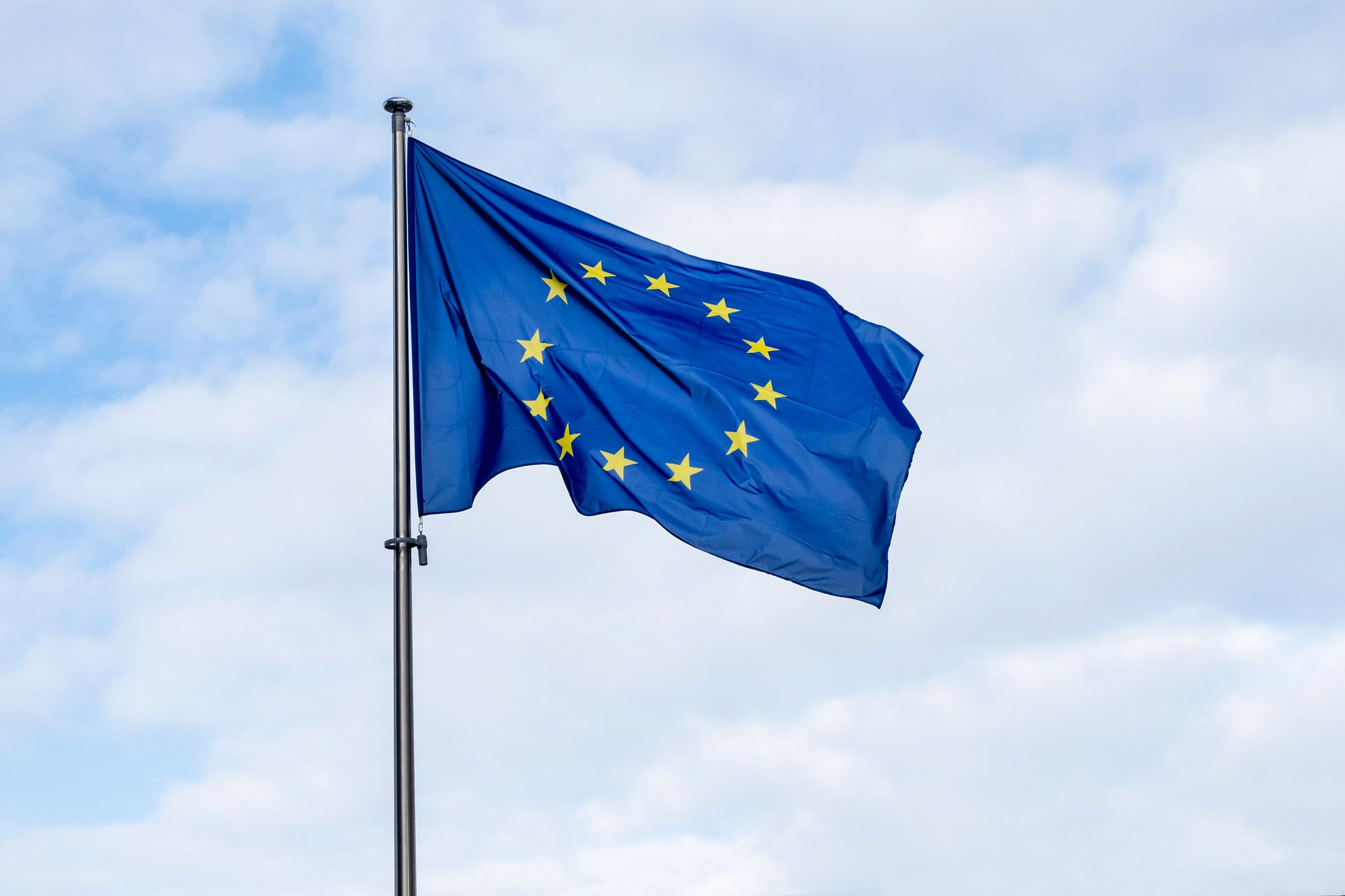EU Parliament Backs Compliance Extension for Deforestation Law
Key Takeaways
- Compliance Deadlines Extended: Large operators and traders must comply with EUDR rules by 30 December 2026, with micro- and small enterprises following by 30 June 2027.
- Streamlined Due Diligence: Only the first operator placing products on the EU market must submit due diligence statements, while downstream traders pass along reference numbers.
- Uncertainty Still a Risk: Businesses warn delays may undo readiness investments and prolong planning uncertainty, while NGOs argue simplifications weaken climate action.
- Operational Exposure Remains: Supply-chain traceability expectations continue to rise, posing ongoing ESG and legal risks even during the extended timeline.
- Negotiations Ahead: Parliament and Council must finalize the revised law before end-2025 for the one-year delay to take effect.
Deep Dive
The European Parliament has backed more breathing room for companies facing the EU Deforestation Regulation (EUDR), voting to push key compliance dates into 2026 and 2027 while simplifying due diligence rules. The goal is to give organizations time to adapt, but the politics around deforestation-free supply chains are now more contentious than ever, and certainty remains elusive.
The regulation, adopted in 2023, tackles the EU’s role in global deforestation resulting from trade in commodities like coffee, soy, cocoa, palm oil, beef, rubber, paper products, and wood. With the UN estimating that 420 million hectares of forest were lost between 1990 and 2020, and the EU responsible for about 10% of that, lawmakers are under pressure to deliver timber-solid implementation.
MEPs approved a one-year postponement aimed at avoiding a rushed rollout of new due diligence systems, including the EU’s central IT platform for compliance submissions.
New enforcement dates:
- 30 December 2026 for large operators and traders
- 30 June 2027 for micro and small enterprises
Parliament also backed a significant simplification where only the business first placing a product on the EU market will need to submit a due diligence statement. Subsequent traders would pass along a reference number instead of filing again. Small primary operators would provide a one-off simplified declaration.
Lawmakers argue these adjustments ensure a “smooth transition”, not a scaling back of ambition.
A Regulation Pulled in Two Directions
Earlier this year, the European Commission projected that refinements such as annual reporting and reuse of due diligence statements will reduce administrative costs by 30%. It has also committed €86 million to help producing countries adapt.
But business groups, including Mars Wrigley, Nestlé, Danone, Barry Callebaut and others, fear a new wave of uncertainty. Many have already invested heavily in farm-level traceability and supplier controls. They warn delay “creep” could stall momentum without guaranteeing better system readiness later.
They advocate a six- to twelve-month grace period instead, enforcement flexibility without resetting the timeline.
Environmental groups like WWF see the opposite threat: that ongoing postponements risk blunting one of the EU’s strongest tools for protecting forests and biodiversity. Every adjustment, in their view, risks compromising what made the law ambitious.
Risk and Resilience at the Center of the Stage
Even with an extended runway, the risks for companies remain material:
- Regulatory uncertainty makes long-term planning difficult
- Traceability gaps represent both compliance and integrity exposure
- ESG and supply-chain scrutiny intensify independently of enforcement dates
For risk leaders, time has been added, but excuses have not.
Push to Simplify Sustainability Reporting and Due Diligence Rules
The move toward simplification extends well beyond deforestation. In a separate vote, Parliament supported scaling back the EU’s corporate sustainability reporting and due diligence regime, narrowing mandatory reporting to only the largest firms, those with more than 1,750 employees and €450 million in turnover. Due diligence duties would apply to an even smaller group with 5,000+ employees and €1.5 billion+ in turnover.
Sector-specific reporting would become voluntary, transition plans would be dropped, and national authorities, rather than EU bodies, would take charge of enforcement. MEPs also want a digital portal offering free templates and consolidated sustainability guidance to help companies navigate obligations more efficiently.
Supporters say the shift balances competitiveness and sustainability. Critics fear smaller companies could fall out of scope, obscuring ESG risk deeper in supply chains.
Parliament’s stance now closely aligns with Member States. Negotiations between Parliament and the Council, the final stage before publication, will begin soon and must conclude before the end of 2025 for the new delay to take effect.
Europe set out to clean up global supply chains. The challenge now is achieving practicality without losing purpose.
The GRC Report is your premier destination for the latest in governance, risk, and compliance news. As your reliable source for comprehensive coverage, we ensure you stay informed and ready to navigate the dynamic landscape of GRC. Beyond being a news source, the GRC Report represents a thriving community of professionals who, like you, are dedicated to GRC excellence. Explore our insightful articles and breaking news, and actively participate in the conversation to enhance your GRC journey.
Sponsored by






.svg)

.svg)